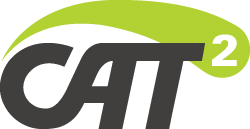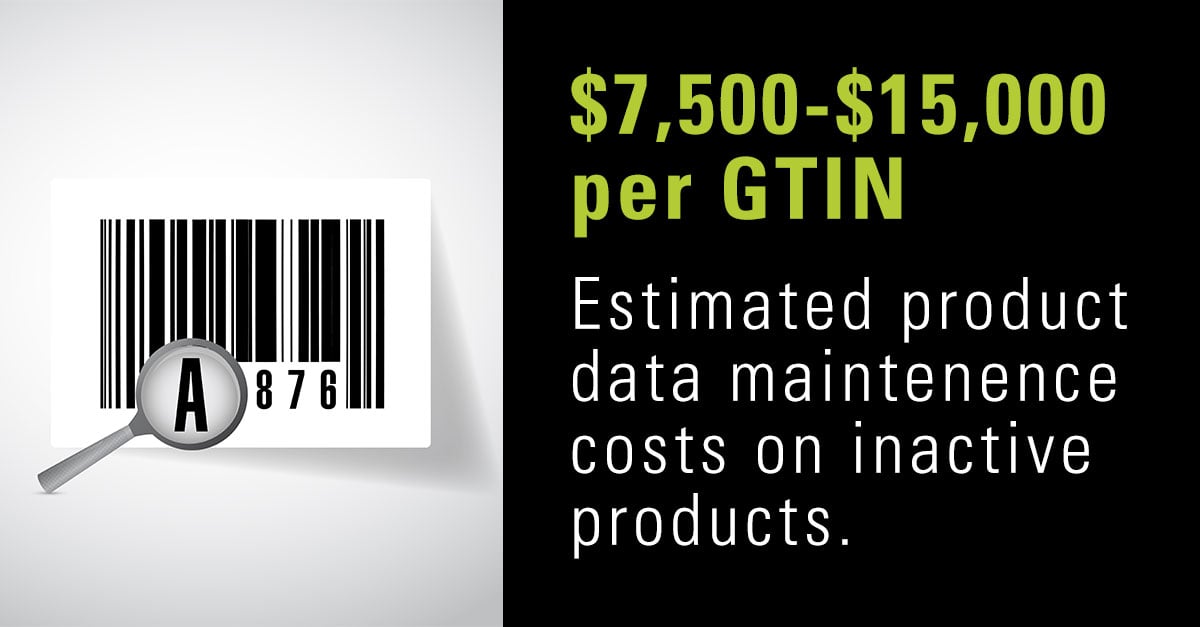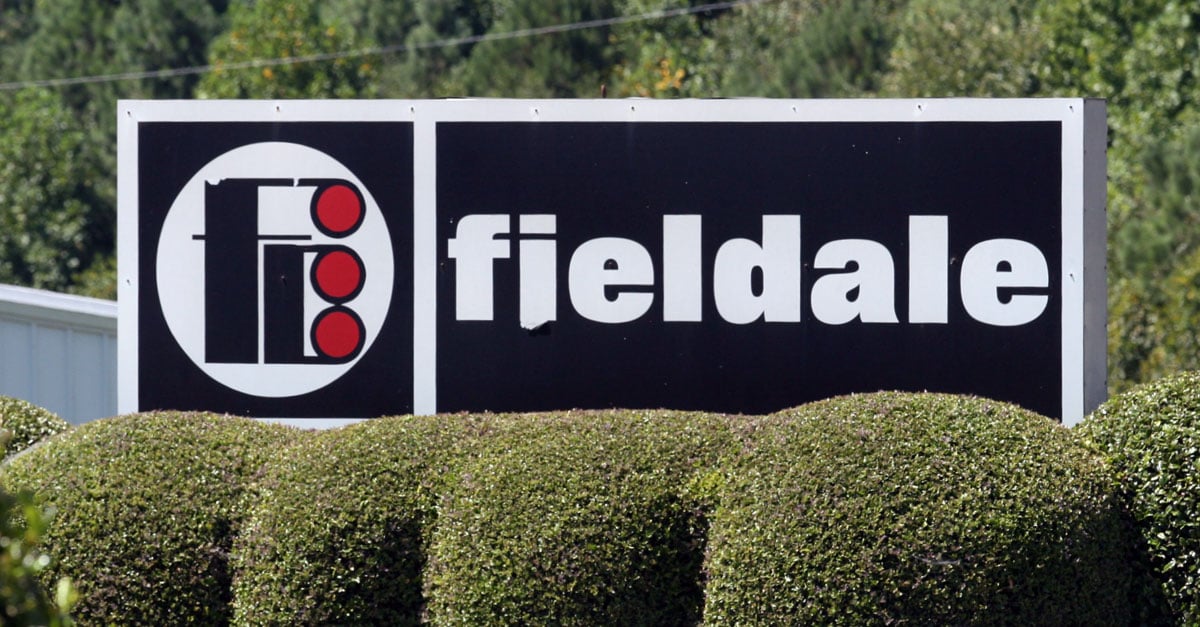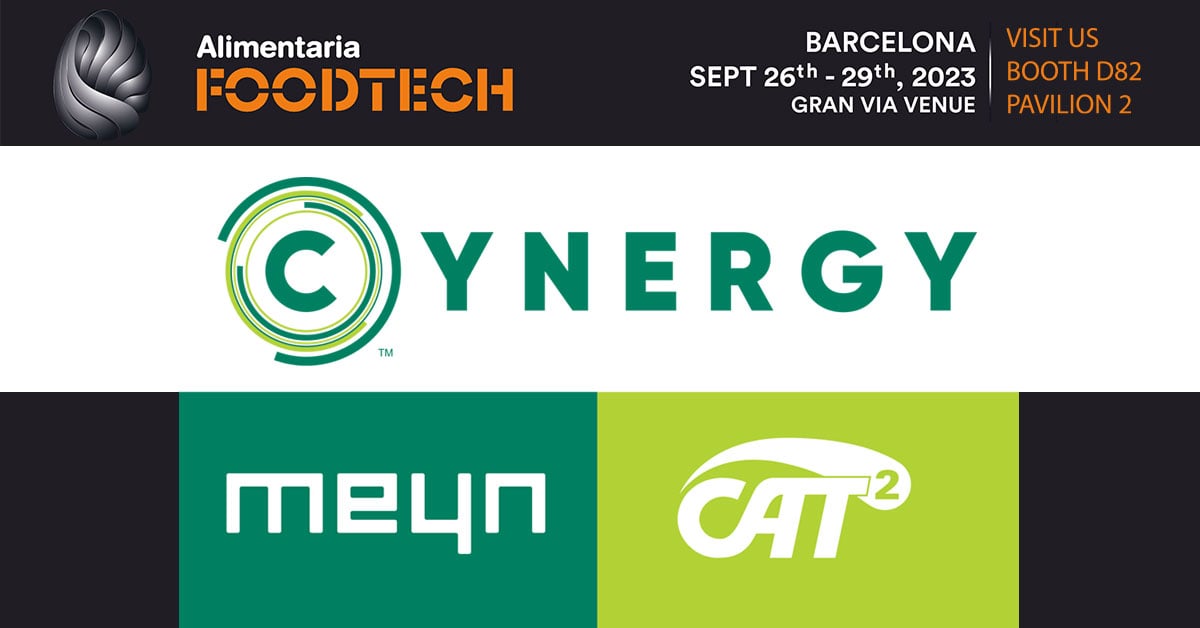A case study coauthored by GS1 US and Nestlé Professional demonstrates that good data governance saves time and money while providing transparency and trust to the customers.
GS1 Standards were already an integral part of Nestlé Professional’s supply chain, with its over 750 products assigned Global Trade Item Numbers (GTINs), which are globally unique codes used to identify trade items throughout the supply chain, among other tools based on GS1 Standards, including barcodes on all retail products.
Having incomplete information or product attributes hidden from the consumer when they are searching online impacts revenue. As a result, poor data quality management can lead to wasted effort in maintaining master data for products no longer in high demand due to changing consumer tastes. To pursue an all-inclusive approach to its data quality goals, Nestlé Professional started with comprehensive master data cleansing for the data already established for its hundreds of products.
Quantifying the Cost of an Inactive SKU
Each GTIN involves supply chain, production scheduling, production and manufacturing, master data, product development, quality control, accounting, factory finance, inventory control, salvage, transportation, and finance. Twelve departments have to touch every single inactive GTIN at least once a year.
The Nestlé Professional finance department estimated the cost of attending to inactive products which might include updating information, modifying recipes, or handling the myriad other tasks involved with the “care and feeding” of its products. The eye-opening answer was between $7,500 and $15,000 per GTIN, depending on the brand, the distribution channel, and other factors. The data quality process could save Nestlé Professional millions of dollars each year, as some 300 inactive GTINs could be eliminated.
Responding to Demands from Distributors and Consumers
As a result of the pandemic, commercial entities became more cognizant of quality data as a driver of commerce. Ongoing costs can be avoided when there is attention to the collection and maintenance of data.
“One of our largest distributors said they’re going to start fining manufacturers for missing marketing content, images – all kinds of stuff,” says Melanie Painter, a content management specialist with Nestlé Professional. “Another warned that without imagery, they would shoot it themselves and bill us for it.”
GS1 US Resources and Relationships
The team from Nestlé Professional was initially inspired to launch the data quality effort at a GS1 US conference event where they learned about the Global Data Synchronization Network™ (GDSN®). Since then, team members have been active participants in various GS1 US industry initiative workgroups including the Joint Foodservice & Retail Grocery Product Information, Images, and Governance Workgroup.
As Jeff Cowan, senior director of Community Engagement at GS1 US points out, “A data quality initiative is not as much a program as it is a process. Data is an ongoing asset, so continuing maintenance, attention to detail, and collaboration are intrinsic to its success as well as establishing an organization’s mindset aimed at customer satisfaction.”
Learn how to join the GS1 Foodservice Standards Initiative.






